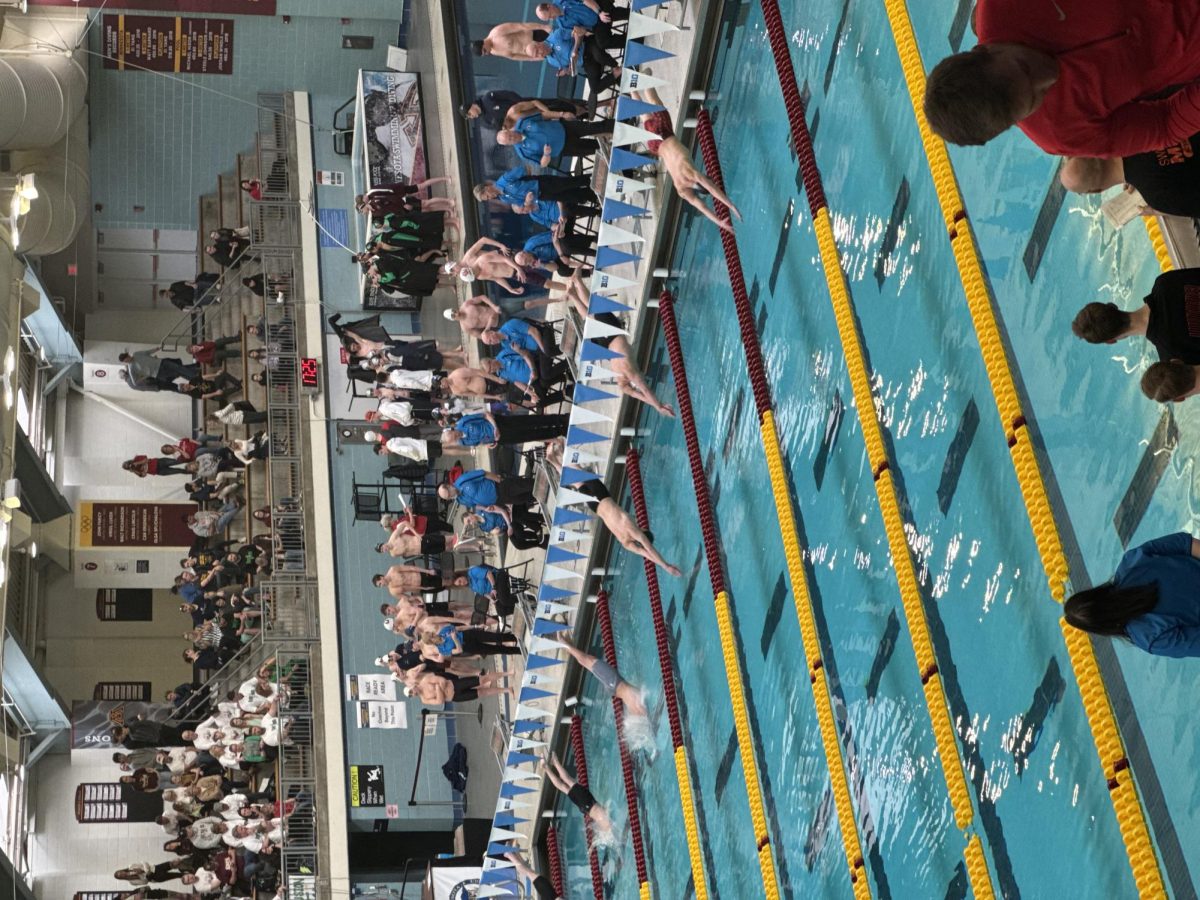In any competitive environment, performance disappointment is inevitable, especially for athletes. Athletes can often face the pressure of both individual and team expectations, and when dealing with a poor performance they can have an especially challenging impact on every player including themselves.
However, Max Vezmar ‘26, a “Varsity Boys Soccer” starter said, “I’ve had many disappointing performances, and the best way to cope with it is to figure out what I’ve done wrong and simply just let it go and move on.” Vezmar highlights the importance of reflection and learning from mistakes and setbacks.
A disappointing performance can often destroy someone’s confidence. Through finding the cause of the mistakes, athletes can improve their performance instead of feeling discouraged. An important aspect to take into consideration is to not linger in the moment of failure. Vezmar says, “The advice I would give to young athletes is to be in the moment and don’t dwell on your errors.” Dwelling on mistakes can lead to a downward spiral of negativity, which can harm the player and the team as a whole. When one player is frustrated, their energy can infect the entire team, “Individual disappointment affects the whole team when the player dwells on it and creates a bigger problem than it is, such as losing confidence or lashing out at teammates” says Vezmar. Confidence is extremely important, because characteristics like self-doubt can both lead to toxicity to the team and performance.
Another aspect of overcoming performance difficulties is communication. “Communication is one of the most important aspects of a team sport,” Vezmar comments. The “Varsity Boys Soccer” team functions best when they are in sync, both physically and mentally. “It’s important to limit negative communication when playing on the field,” says Vezmar. Harsh criticism and frustration can easily escalate into negativity that drags the team down. Instead, players should focus on constructive criticism and encouragement to recover from mistakes and move forward together.
Performance disappointment is a reality that every athlete faces, however it doesn’t necessarily have to be a point of failure. By reflecting on mistakes, setting new goals, and staying positive, athletes can turn disappointment into growth with a clear vision for success.






